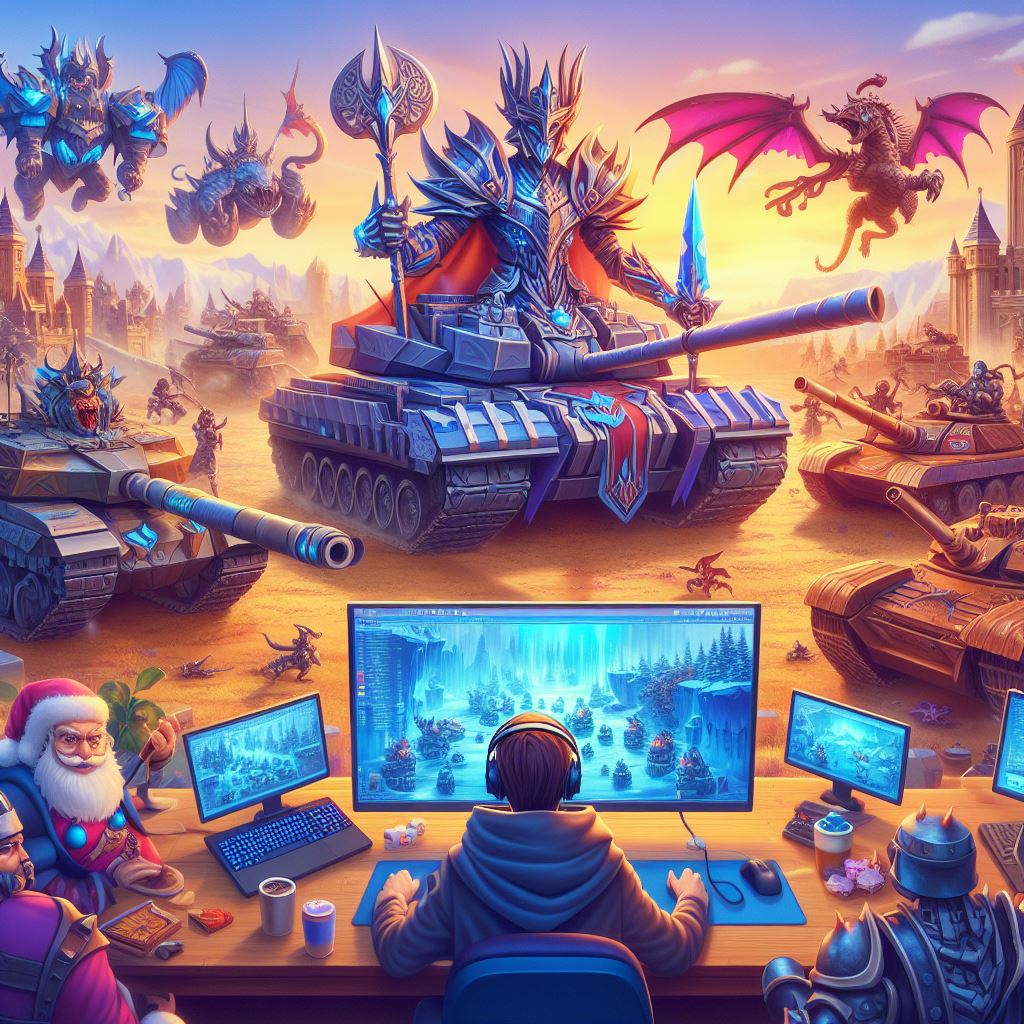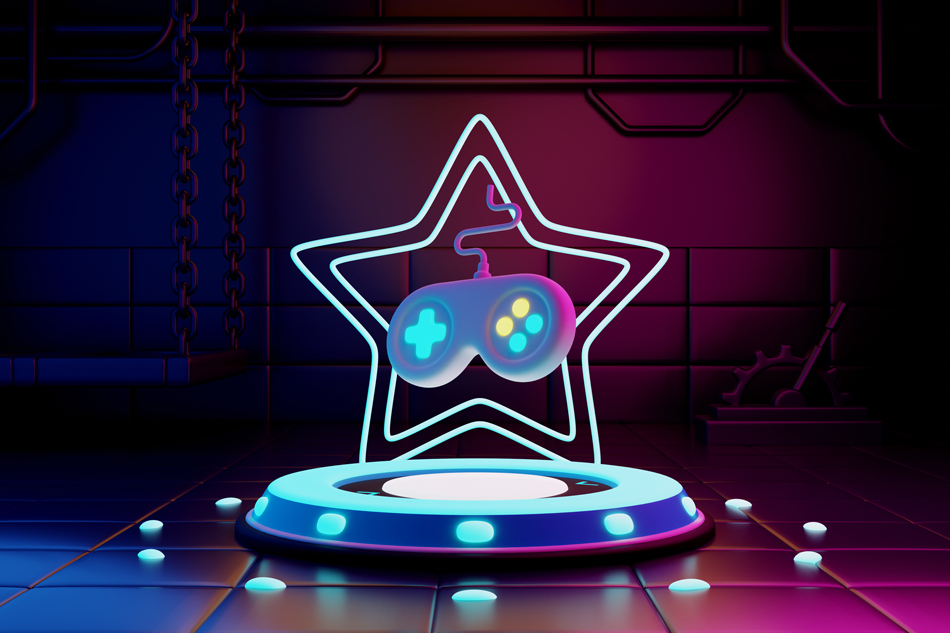Games and AI
Games and AI have intersected to create a new frontier in the gaming industry. Artificial intelligence (AI) technology is being incorporated into games to enhance player experiences, introduce intelligent opponents, and create dynamic and immersive virtual worlds. AI-driven opponents in games offer players a more challenging and engaging experience. These opponents can adapt their strategies, learn from player behavior, and provide a more realistic and unpredictable gameplay environment. The integration of AI in games allows for more dynamic and responsive gameplay, keeping players on their toes.
AI-powered NPCs (non-player characters) bring life and realism to game worlds. These NPCs can exhibit intelligent behaviors, interact with players, and contribute to the storytelling and immersion of the game. AI enables NPCs to have their own goals, make decisions, and adapt to changing circumstances, creating a more immersive and interactive gaming experience.
Game developers are leveraging AI to create procedural content generation (PCG) systems. These systems use AI algorithms to generate game content such as levels, maps, quests, and items. This approach enables developers to create vast and diverse game worlds, offering players unique and ever-changing experiences. AI is also being utilized in game design and testing processes. AI algorithms can analyze player data, identify patterns, and provide valuable insights to improve game mechanics, balance, and overall gameplay experience. This data-driven approach helps developers create games that are more enjoyable and tailored to the preferences of the player base.
AI-powered chatbots and virtual assistants can enhance player support and engagement. These AI systems can provide real-time assistance, answer player queries, and offer personalized recommendations. By leveraging natural language processing and machine learning, AI chatbots can create more interactive and immersive player experiences. Machine Learning Algorithms are being used to develop AI-based game analytics and player behavior prediction tools. These tools analyze vast amounts of player data to identify patterns, preferences, and trends. Game developers can then use this information to optimize game design, monetization strategies, and player engagement.
AI-based procedural animation systems are revolutionizing character animation in Games. By combining motion capture data and machine learning techniques, developers can create more realistic and fluid animations for characters. This enhances the visual quality and immersion of games, providing a more realistic and captivating experience for players. AI has also found applications in game cheating detection and prevention. AI algorithms can analyze player behavior and detect patterns indicative of cheating or unfair gameplay. This helps maintain fair competition and ensures a level playing field for all players, enhancing the integrity of online gaming environments.
One fascinating area where games and AI intersect is in the field of AI-generated game design. Developers are exploring the use of AI algorithms to create entirely new game concepts, mechanics, and experiences. By training AI models on existing games and analyzing player preferences, developers can generate unique ideas and prototypes that push the boundaries of traditional game design. AI is also playing a significant role in player behavior prediction and personalization. Machine learning algorithms can analyze player data, including gaming habits, preferences, and interactions, to predict future behavior. This information can be leveraged to personalize the gaming experience, offering tailored content, challenges, and Rewards to individual players based on their predicted preferences.

Multiplayer Games are benefiting from AI-powered matchmaking systems. By analyzing player skill levels, playstyles, and other relevant data, AI algorithms can intelligently match players of similar abilities, ensuring fair and balanced gameplay experiences. These matchmaking systems enhance player satisfaction by providing challenging yet enjoyable matches, fostering healthy competition. AI has also found applications in game testing and quality assurance. AI-powered testing frameworks can simulate thousands of gameplay scenarios, identify bugs, and provide automated feedback to developers. This helps streamline the testing process, reduce development cycles, and improve the overall quality of games before they reach the players’ hands.
In conclusion, the integration of AI in Games is transforming the gaming industry, offering players more immersive, challenging, and dynamic experiences. AI-driven opponents, procedural content generation, intelligent NPCs, and data-driven analytics are just a few examples of how AI is enhancing game design and gameplay. As AI technology continues to advance, we can expect even more exciting applications and innovations in the intersection of games and AI, shaping the future of the gaming industry. The integration of AI in games is an exciting and rapidly evolving field. From AI-generated game design and personalized experiences to matchmaking systems and game testing, AI is enhancing various aspects of game development and gameplay. As AI technology continues to advance, we can expect further innovations and applications in the intersection of games and AI, leading to even more immersive, intelligent, and enjoyable gaming experiences for players around the world.
We have released a 3D Game called TanKash where you can have Fun and earn Money. You can click here to download our Game and also follow our YouTube channel for more information.



